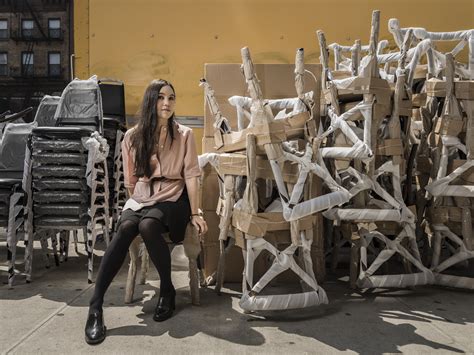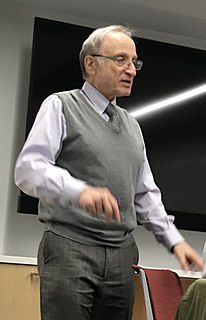A Quote by Neil Gaiman
There are characters in some short stories who exist as people, and there are other characters in different short stories who exist as purely literary constructs. You know, the young man in "Forbidden Brides of the Faceless Slaves in the Secret House of the Night of Dread Desire" - I probably got that right - is a literary construct, and enjoys being a literary construct. He has no life off stage, whereas the young men in "How to Talk to Girls at Parties" were as near to being real human beings as I could possibly get them.
Quote Topics
Being
Being Real
Beings
Brides
Characters
Construct
Constructs
Could
Desire
Different
Dread
Exist
Faceless
Forbidden
Get
Got
House
How
Human
Human Being
Human Beings
Know
Life
Literary
Man
Men
Near
Night
No Life
Off
Other
Parties
People
Possibly
Purely
Real
Real Human
Right
Secret
Short
Short Stories
Some
Stage
Stories
Talk
Them
Were
Whereas
Young
Young Man
Young Men
Related Quotes
We talk about characters in literature as though they were built on the model of the real person, but then I often think that the way we present ourselves as real people is based heavily on the way literary psychologies are stylized, and I wonder how the two forms of realistic personhood feed on or fulfill each other.
Though now we think of fairy tales as stories intended for very young children, this is a relatively modern idea. In the oral tradition, magical stories were enjoyed by listeners young and old alike, while literary fairy tales (including most of the tales that are best known today) were published primarily for adult readers until the 19th century.
The Booker thing was a catalyst for me in a bizarre way. It’s perceived as an accolade to be published as a ‘literary’ writer, but, actually, it’s pompous and it’s fake. Literary fiction is often nothing more than a genre in itself. I’d always read omnivorously and often thought much literary fiction is read by young men and women in their 20s, as substitutes for experience.
So I found myself telling my own stories. It was strange: as I did it I realised how much we get shaped by our stories. It's like the stories of our lives make us the people we are. If someone had no stories, they wouldn't be human, wouldn't exist. And if my stories had been different I wouldn't be the person I am.



































